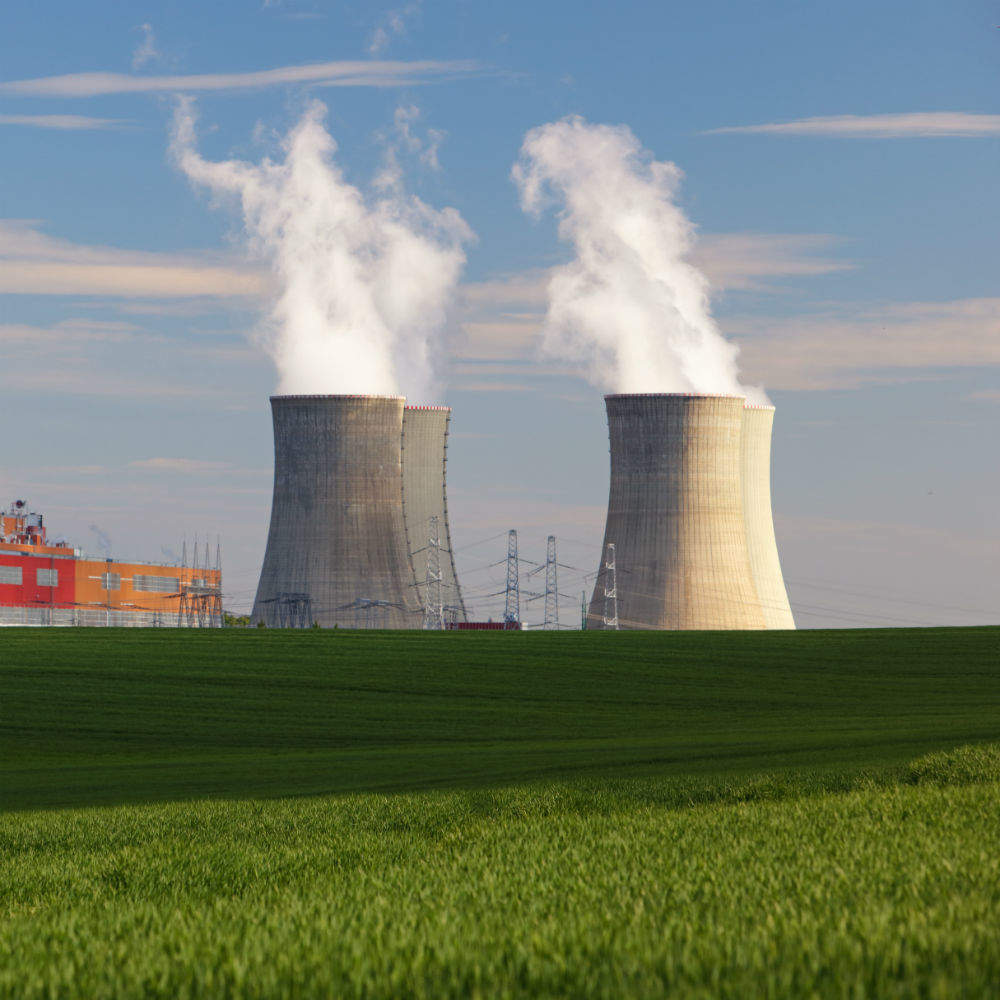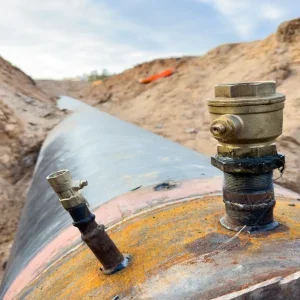
The recent poor fortune of nuclear plants in the UK has called into question the country’s plan for the energy type, which had been given a £200m boost via the Nuclear Sector Deal just last summer.
Plans for Japanese firm Hitachi’s £20bn facility fell through after the company failed to agree a financing deal with the UK government, while Toshiba’s Moorside plant is in serious doubt after the company failed to find a buyer for the project.
However, Business Secretary Greg Clark said in Parliament last month: “Through our Nuclear Sector Deal, we are exploring the possibility of working with the sector to put the UK at the forefront of various forms of nuclear innovation.
“But there is a challenge in every country, and this is by no means just a feature of Japanese investors.
“I have described clearly and, I hope, candidly the challenges that exist given the abundant availability and falling prices of alternatives.
“That is why we will take forward a serious assessment of whether a different financing model might make the economics more competitive.”

What is the UK Nuclear Sector Deal?
The Nuclear Sector Deal aims to ensure nuclear energy continues to power the UK for years to come through major innovation, cutting-edge technology and ensuring a diverse and highly-skilled workforce.
It includes a £32m funding pot to kick-start a new advanced manufacturing programme that will include research and development (R&D) investment to develop potential world-leading technologies like advanced modular reactors.
A £40m thermal hydraulics plant will be built in North Wales, while there is also a commitment to increase gender diversity with a target of 40% women working in the civil nuclear sector by 2030.
The deal also aims to spearhead Britain’s move towards cleaner economic growth, while promoting new opportunities in the sector – including a focus on innovation to develop the technology and skills needed to maintain the UK’s position as a world leader in nuclear power.
Nuclear energy has powered the UK for more than 60 years, with a world-leading record for safety, and today generates about 20% of the country’s electricity – helping it to move away from a reliance on “dirty” coal.
Features of the deal include:
- £86m funding for a national fusion technology platform at the UK Atomic Energy Authority’s Science Centre in Culham, Oxfordshire, to strengthen pioneering research with the potential for global impact
- Up to £44m in R&D funding for developing advanced molecular reactors
- Building a £40m thermal hydraulics plant at a former nuclear power site in Trawsfynydd, North Wales as part of the Nuclear Innovation Programme to support the design and development of advanced nuclear technologies, in a partnership with the Welsh Government
- A commitment by the industry to reduce the cost of new nuclear build projects by 30% by 2030, and the cost of decommissioning old nuclear sites by 20% in the same time frame
- Unlocking growth opportunities in the nuclear supply chain through joint Government and industry support for smaller companies in the UK to access higher value contracts and new markets
- Deliver 100,000 nuclear jobs by 2021, with a target set for 40% of women to be working in the whole sector by 2030
Should the diversity goal be achieved, it would almost double the representation of women in the sector, which currently stands at 22%. Of these, only 15% are nuclear engineers.






